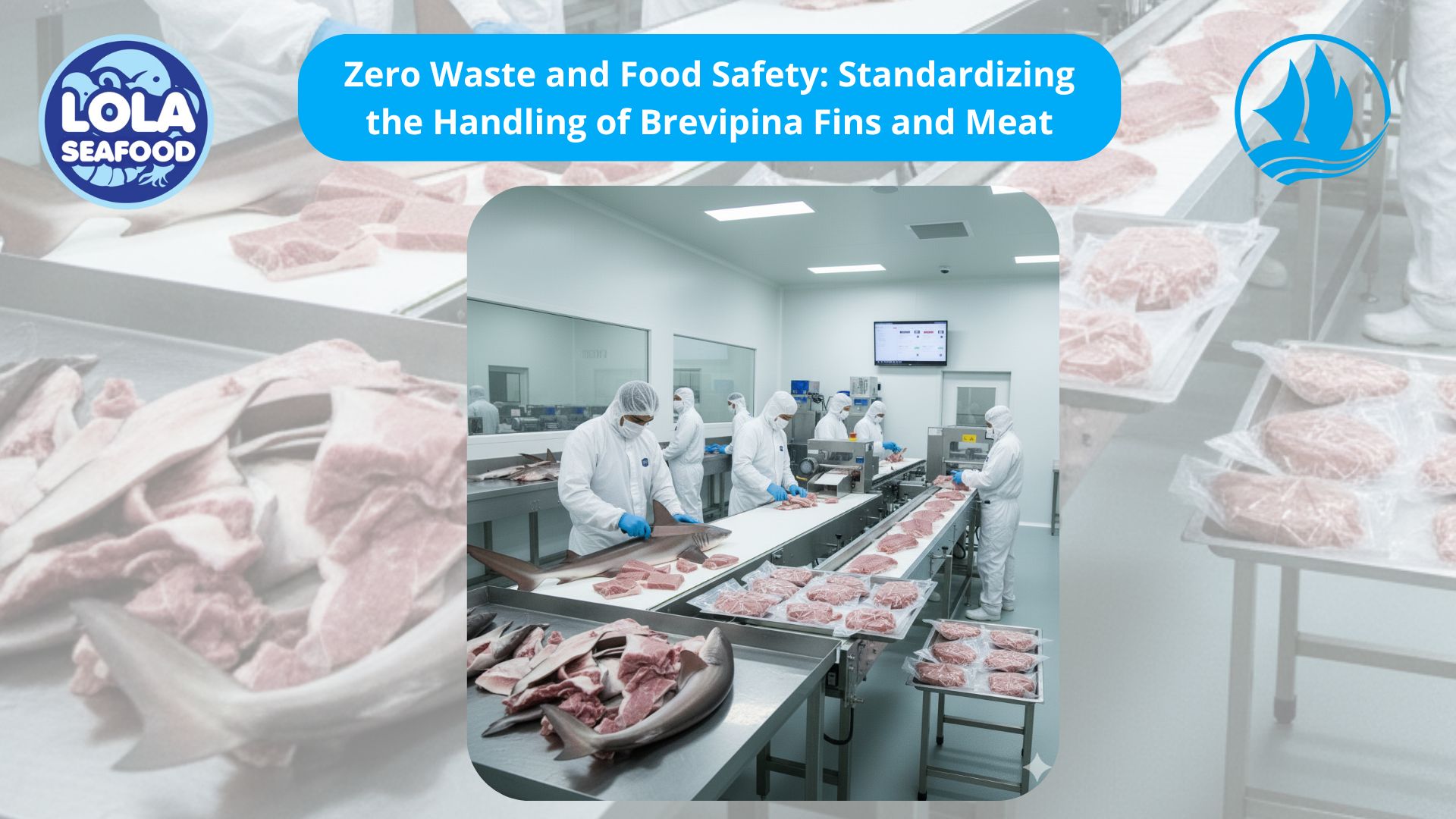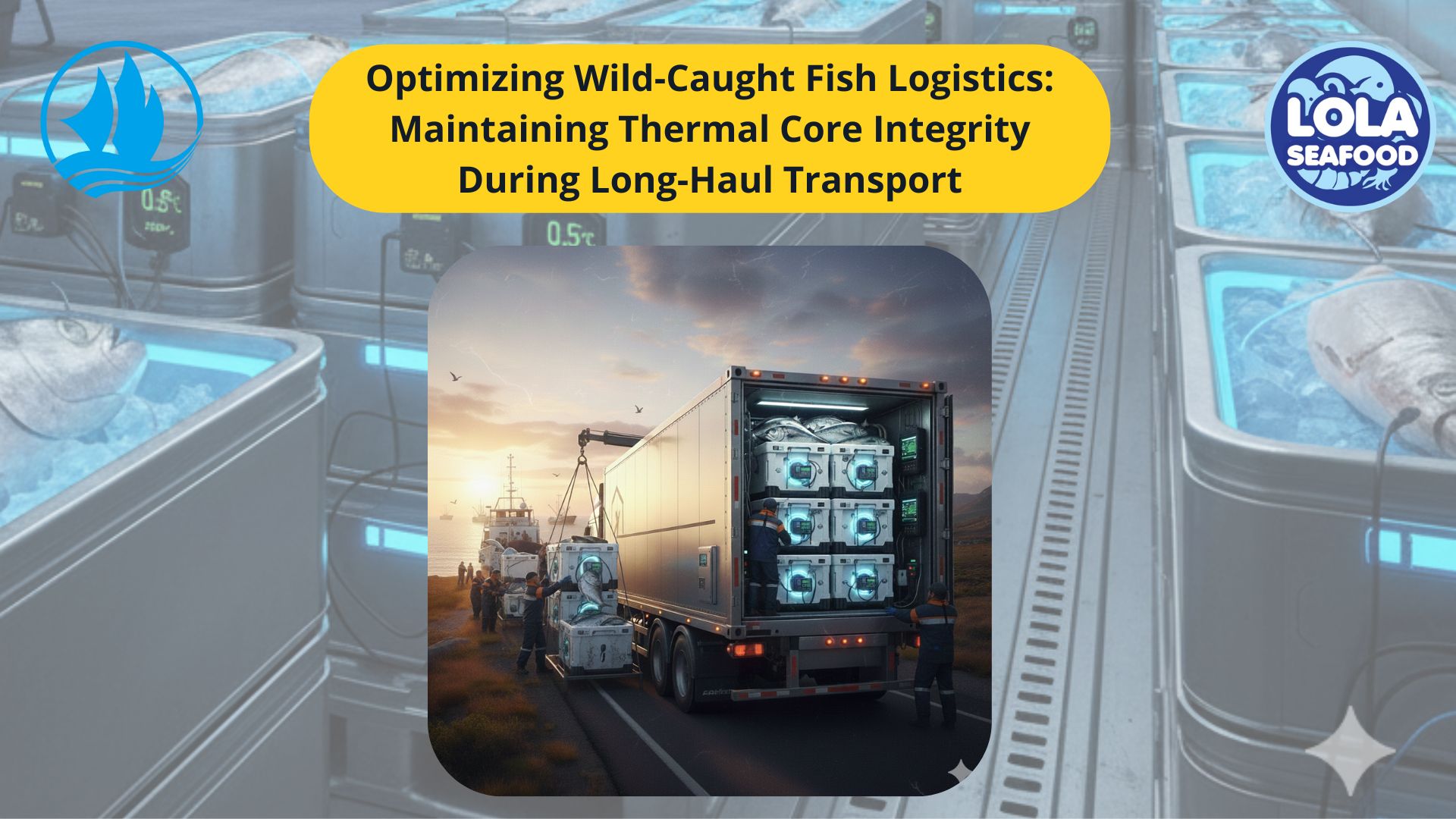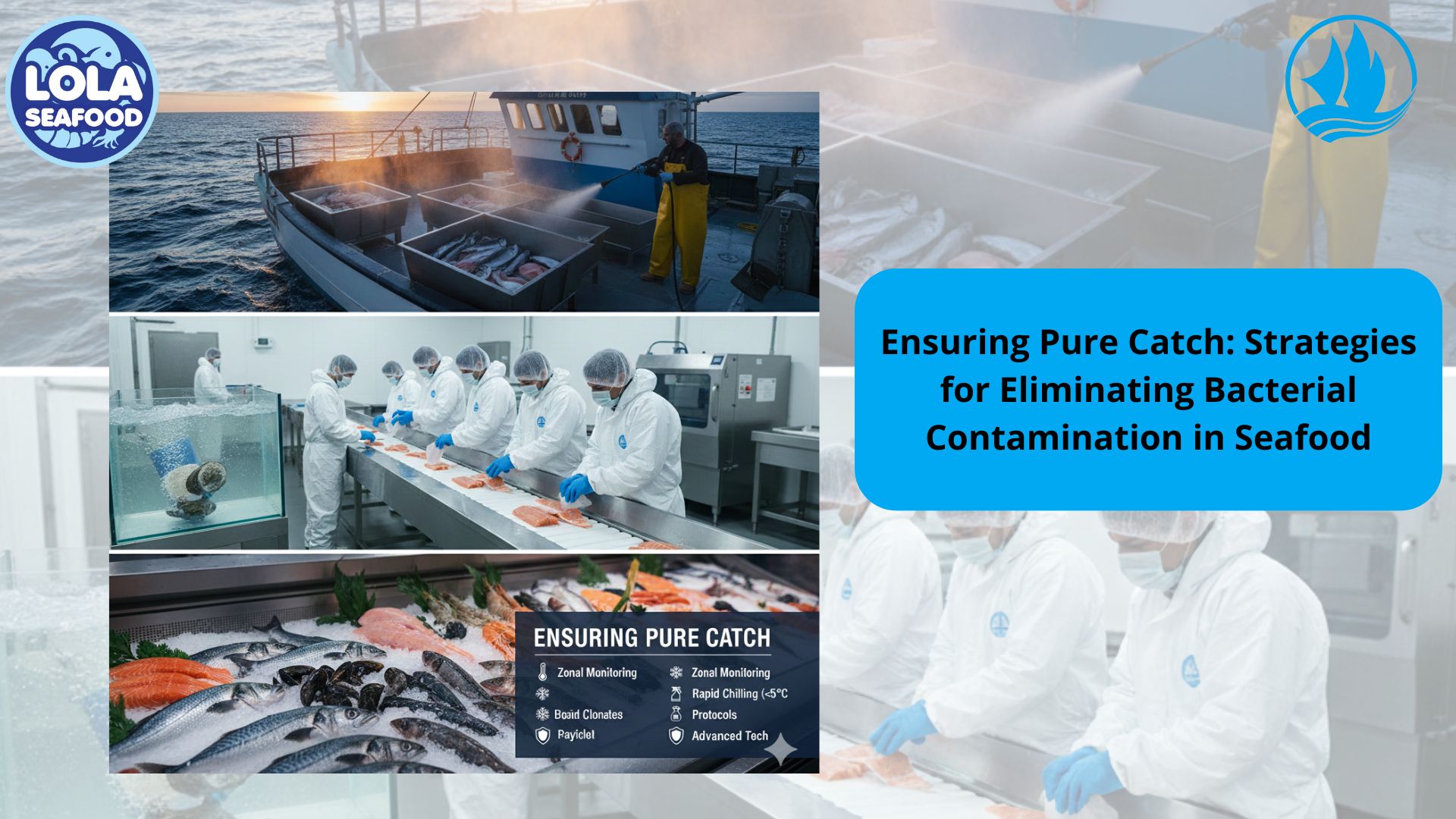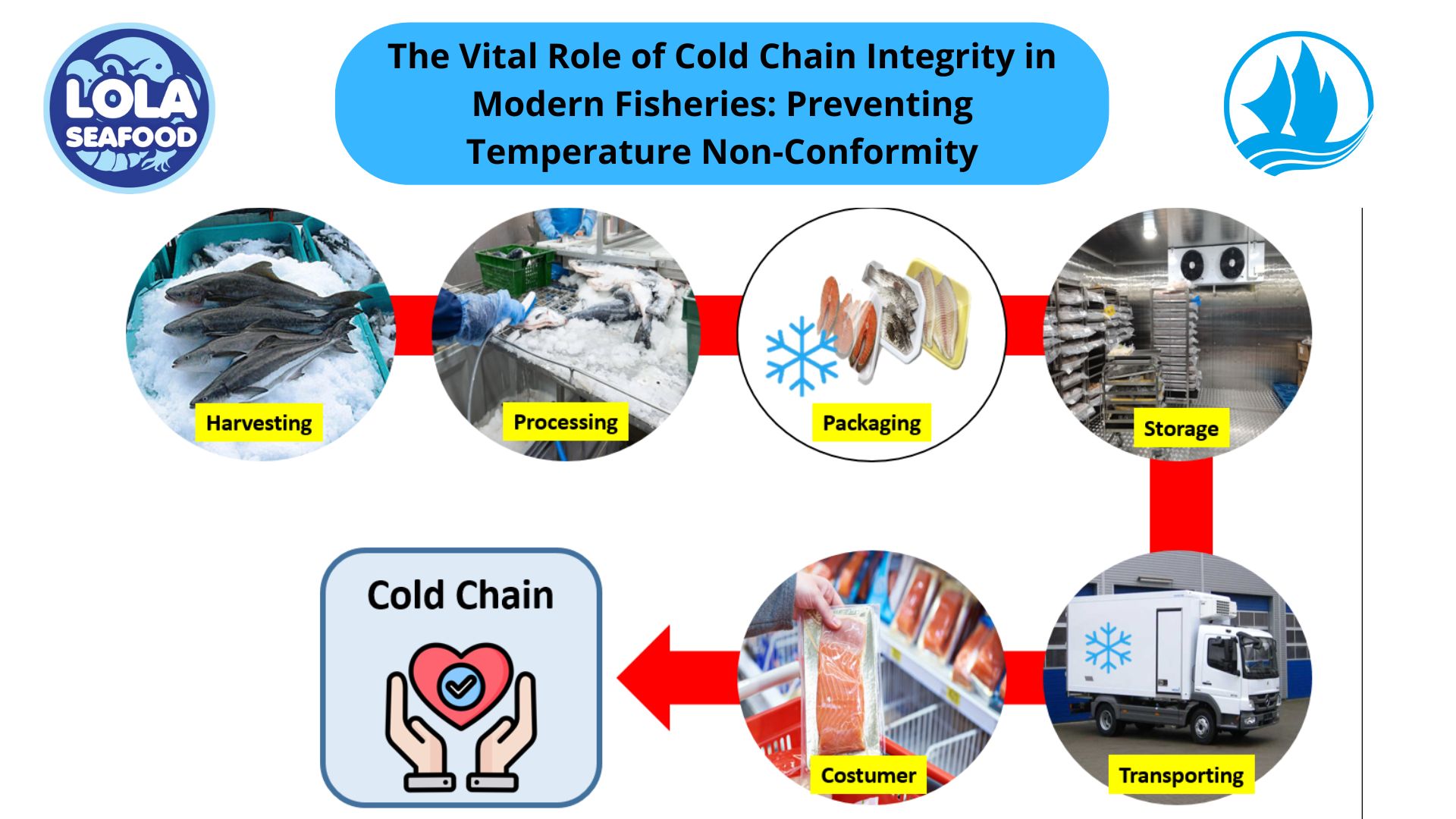The Benefits of Applying Critical Control Points in Fisheries Businesses
By. Ely Kusniawati - 02 Sep 2025.jpg)
Kelolalaut.com The fisheries industry supplies one of the world’s most valuable food sources—seafood. From fresh fish to frozen fillets, shrimp, and shellfish, these products are highly demanded in domestic and international markets. However, seafood is also one of the most perishable foods, easily affected by improper handling, contamination, or temperature fluctuations. To address these challenges, fisheries businesses adopt Critical Control Points (CCPs) as part of the Hazard Analysis and Critical Control Point (HACCP) system.
CCPs are key stages in the production process where specific measures can be applied to prevent, eliminate, or reduce food safety hazards. For fisheries businesses, applying CCPs is more than a regulatory obligation; it brings multiple long-term benefits that strengthen competitiveness, consumer trust, and market opportunities. Below are four significant advantages.
1. Protecting Consumers from Foodborne Illnesses
Food safety is the foremost priority in fisheries. Fish and seafood can harbor a variety of hazards, including:
- Biological hazards such as bacteria (Salmonella, Listeria monocytogenes), viruses, or parasites.
- Chemical hazards like heavy metals, antibiotic residues, or cleaning agents.
- Physical hazards such as fish bones, shells, or foreign materials.
If left uncontrolled, these hazards can cause foodborne illnesses, endangering consumer health and potentially triggering public health crises. By applying CCPs, businesses can control critical risks at the right stages—such as ensuring proper icing after harvest, monitoring cold chain logistics, or verifying cooking temperatures during processing. The result is safer seafood on the market. Protecting consumers not only fulfills ethical responsibility but also helps businesses avoid costly recalls, lawsuits, or reputational damage associated with foodborne outbreaks.
2. Meeting National and International Regulations
Fisheries businesses operate in a tightly regulated environment. Many countries enforce strict food safety laws, while international markets—such as the European Union, United States, and Japan—have some of the world’s most rigorous import standards.
Applying CCPs allows fisheries businesses to:
- Comply with domestic regulations, such as food safety requirements in Indonesia or other producing nations.
- Satisfy international standards, including Codex Alimentarius guidelines, ISO certifications, and import requirements from major seafood markets.
For exporters, compliance with CCP-based systems is not optional—it is often a prerequisite for market entry. A business that consistently applies CCPs demonstrates reliability and transparency, enabling smoother access to global supply chains. In this sense, CCPs serve as both a shield against regulatory penalties and a passport to international trade.
3. Preserving Product Quality and Extending Shelf Life
Beyond food safety, CCPs directly impact product quality. Freshness, texture, color, and flavor are vital attributes that consumers expect in seafood. However, these qualities deteriorate quickly if handling and storage are not carefully controlled.
Through CCP monitoring, businesses can:
- Maintain the cold chain to slow bacterial growth and preserve freshness
- Prevent cross-contamination during processing.
- Ensure consistent packaging and labeling that protects product integrity.
These measures extend the shelf life of fish and seafood products, allowing businesses to distribute them more widely without compromising quality. For retailers and end consumers, this translates into a more reliable supply of seafood that meets expectations. For producers, it means reduced product losses, higher profitability, and better sustainability.
4. Building Market Credibility, Especially in Export Markets
Reputation is everything in the seafood industry. Buyers and consumers alike demand proof that the products they purchase are safe, high-quality, and responsibly handled. Businesses that apply CCPs consistently gain credibility in several ways:
- Trust from consumers: Safe, fresh products build brand loyalty and repeat purchases.
- Confidence from trade partners: Wholesalers, retailers, and distributors prefer working with suppliers who meet safety standards reliably.
- Competitive advantage in exports: In markets where safety certifications are mandatory, CCP compliance helps businesses stand out from competitors who may lack proper systems.
A strong reputation built on safety and quality does not just open markets—it sustains long-term growth. As global demand for seafood increases, credibility rooted in CCP compliance ensures that businesses remain trusted players in the international arena.
The application of Critical Control Points in fisheries businesses goes far beyond regulatory compliance. It creates a comprehensive system that protects consumers from foodborne risks, ensures alignment with national and international laws, preserves the natural quality of seafood, and enhances market credibility. For fisheries enterprises, investing in CCPs is an investment in sustainability, safety, and long-term success. By embedding these controls into daily operations, businesses not only protect public health but also strengthen their position in an increasingly competitive and globalized seafood industry.
If youre interested in our Barramundi Whole Round / Whole Gilled Gutted Scaled , Barramundi Fillet Skinless , Barramundi Fillet Skin On and Barramundi Fillet Portion Cut please do not hesitate to contact us through email and/or Whatsapp
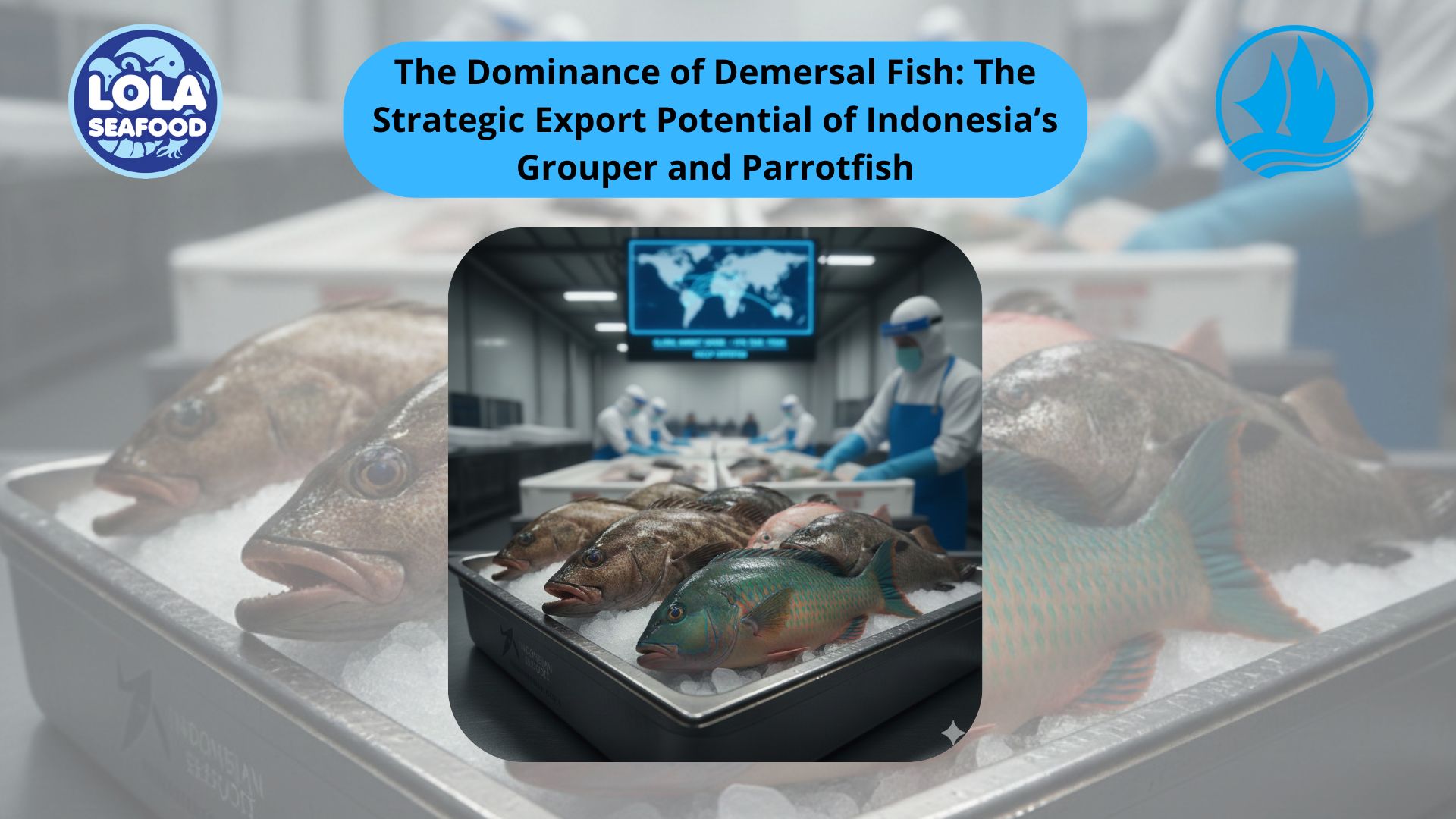
The Dominance of Demersal Fish: The Strategic Export Potential of Indonesia’s Grouper and Parrotfish
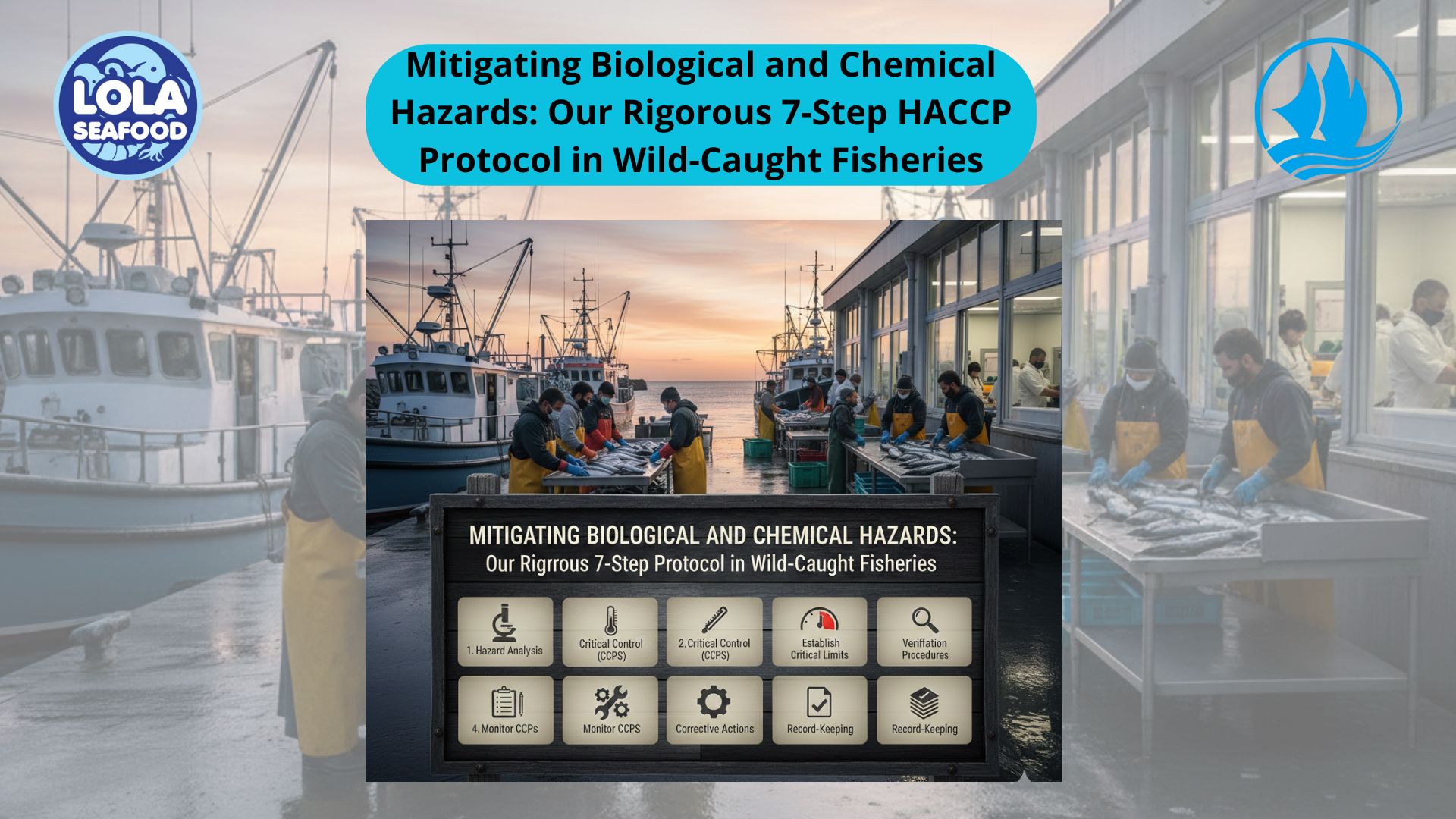
Mitigating Biological and Chemical Hazards: Our Rigorous 7-Step HACCP Protocol in Wild-Caught Fisheries
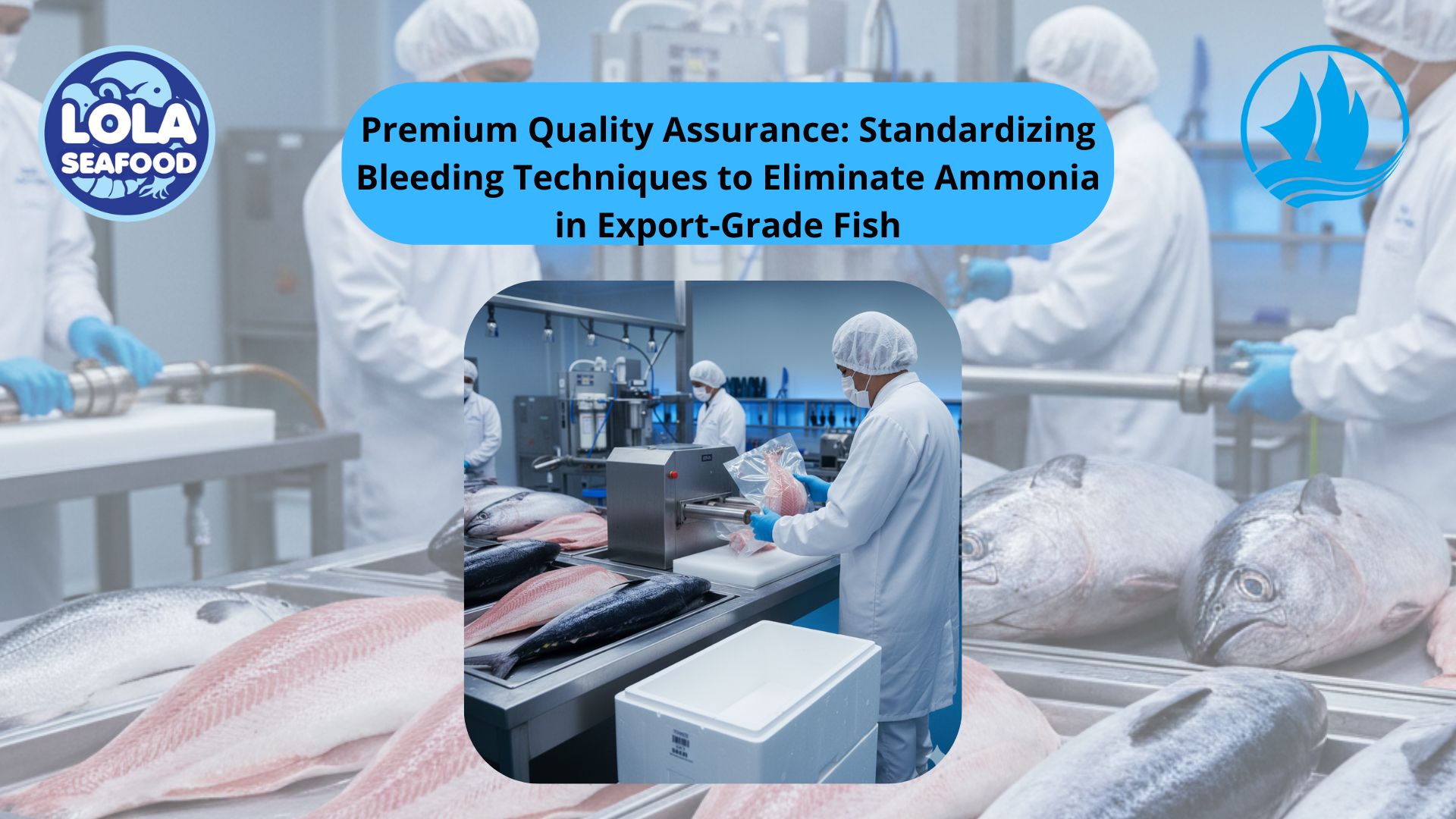
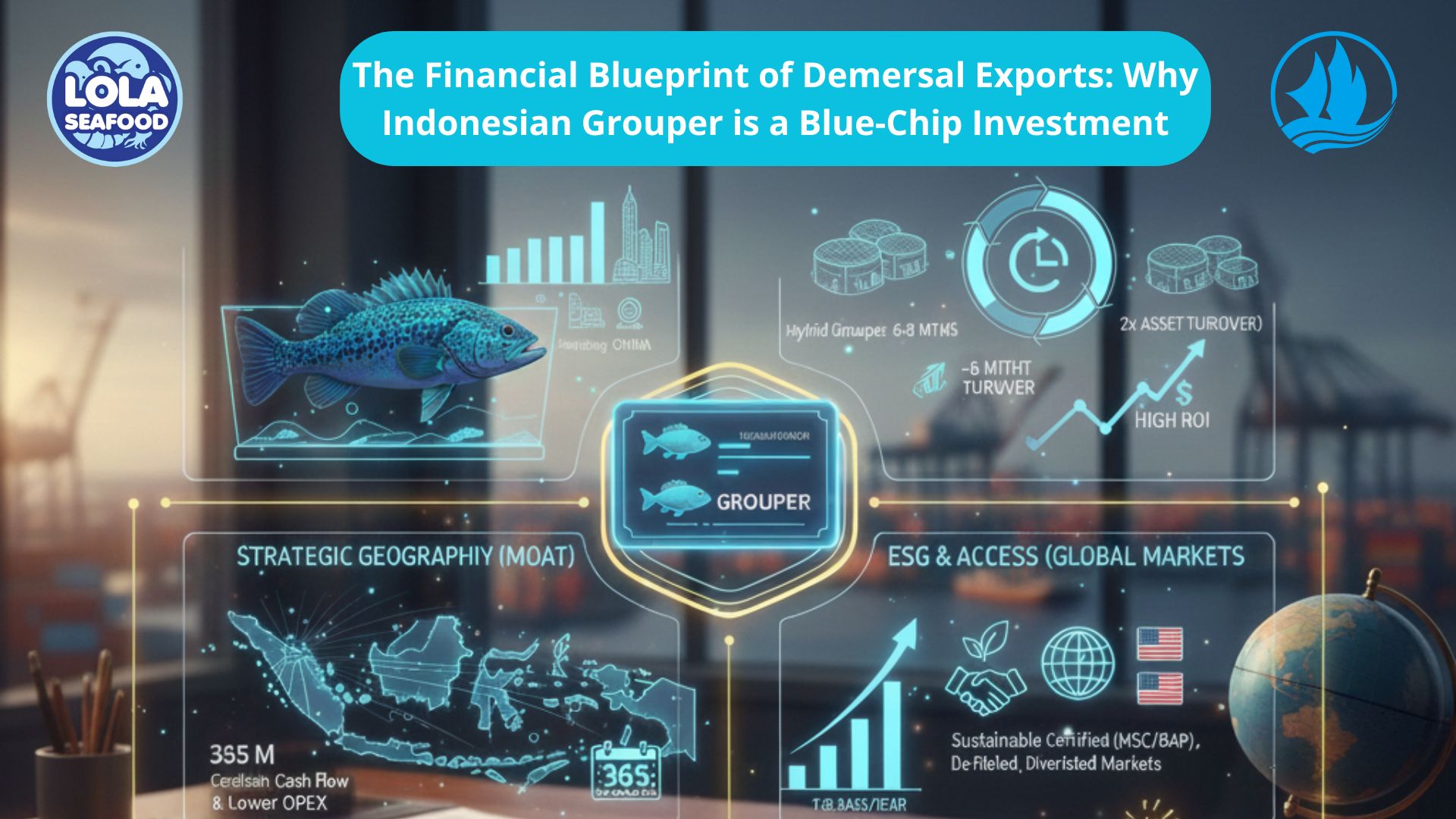
.jpg)
